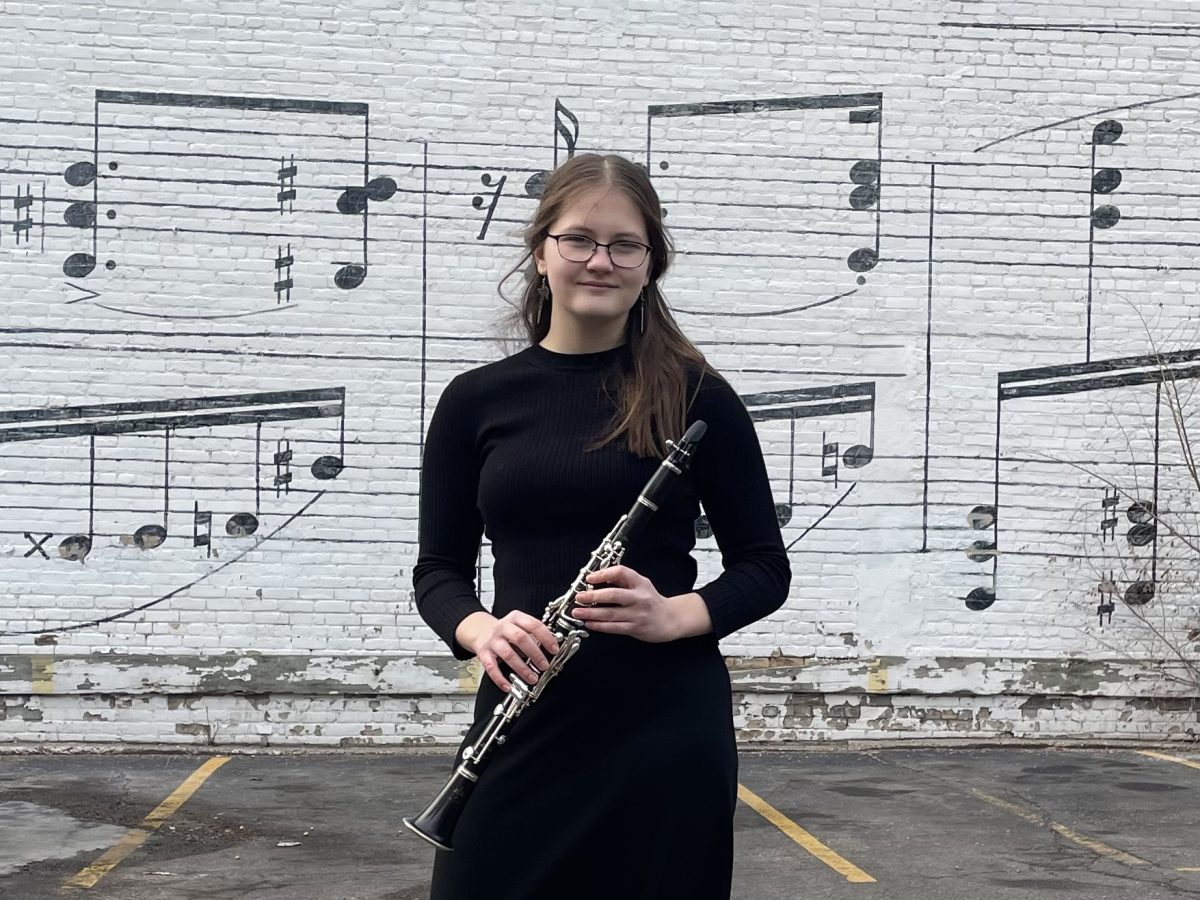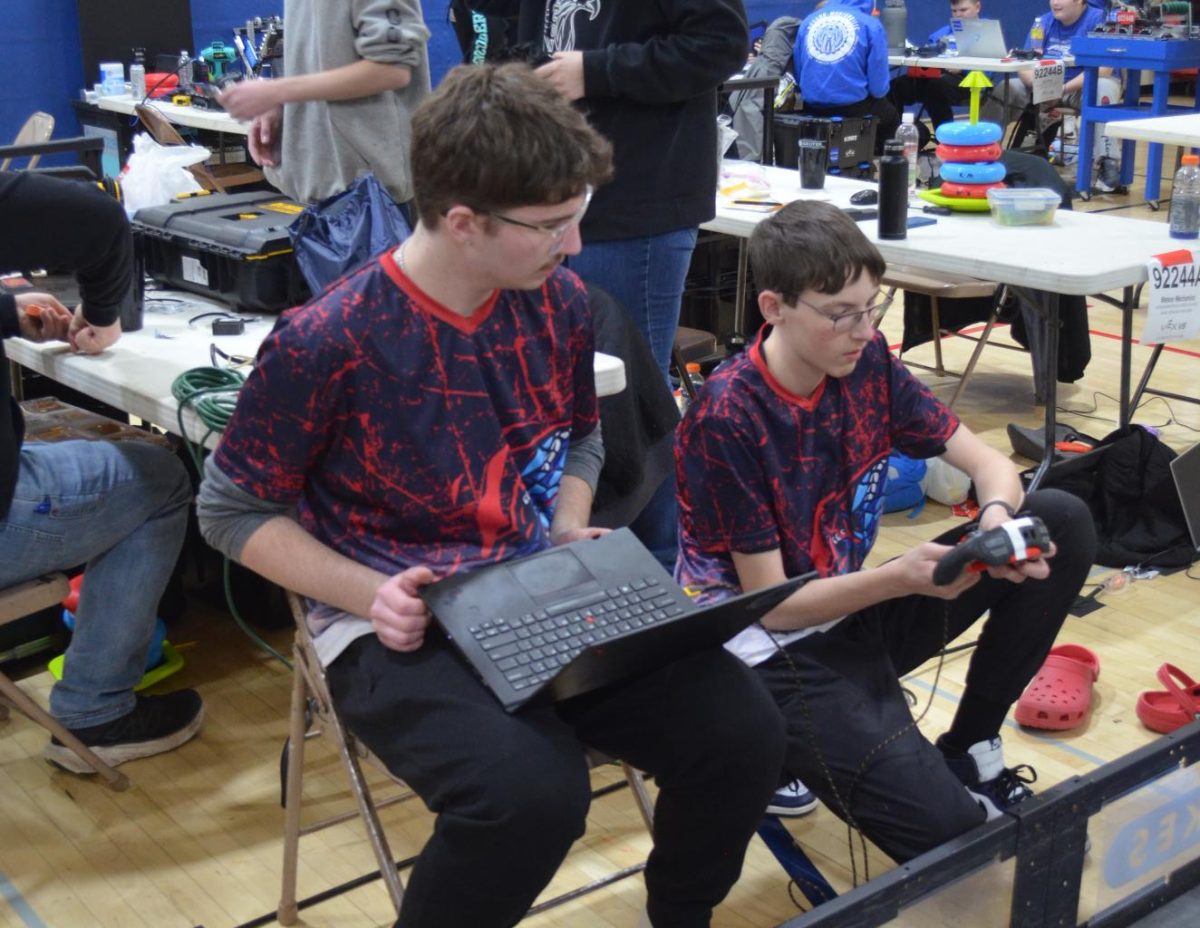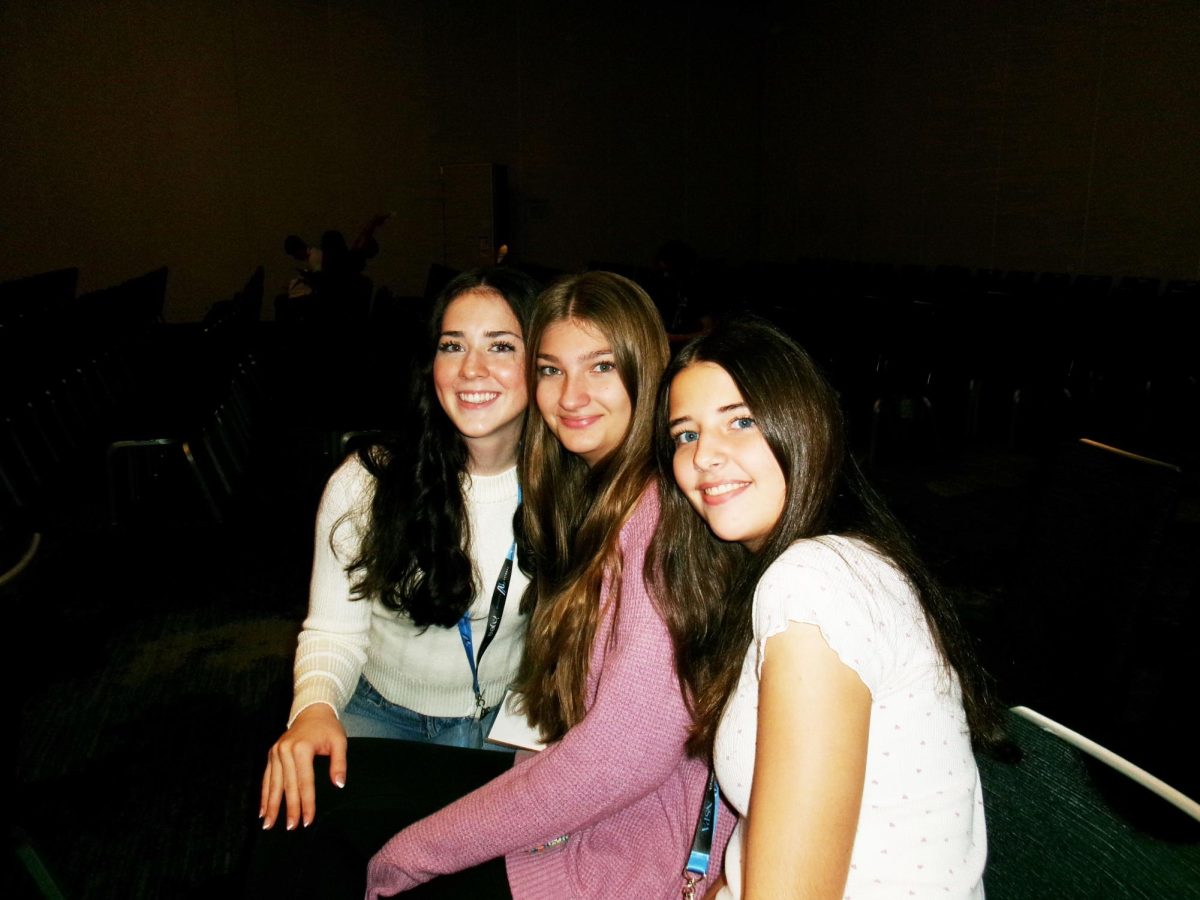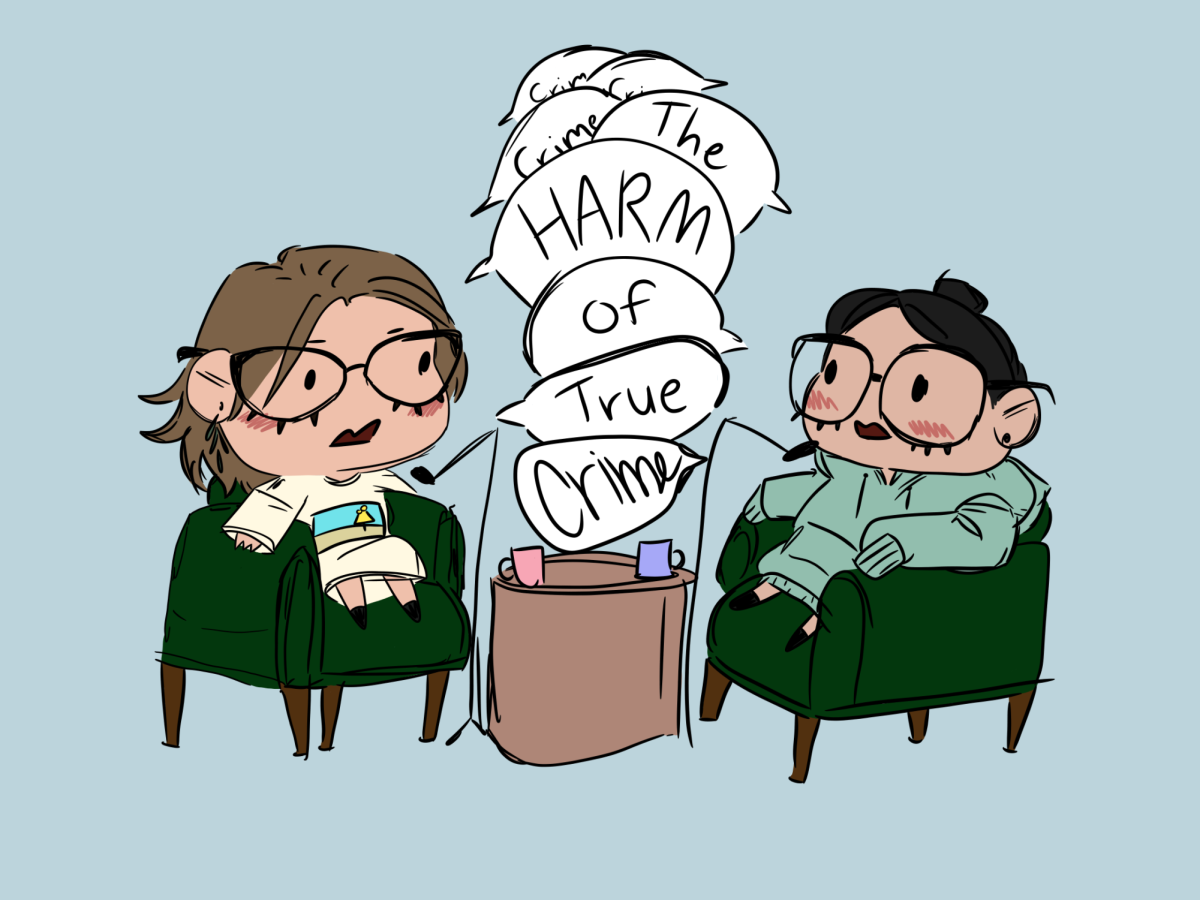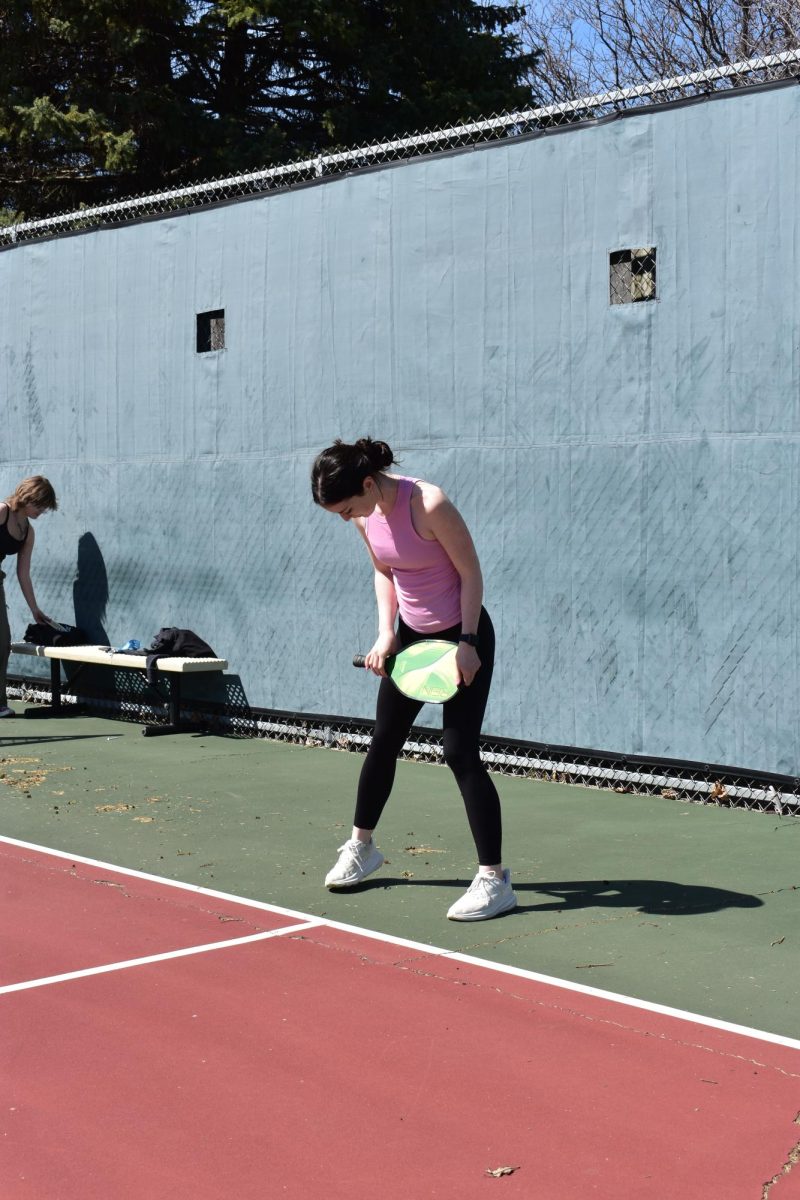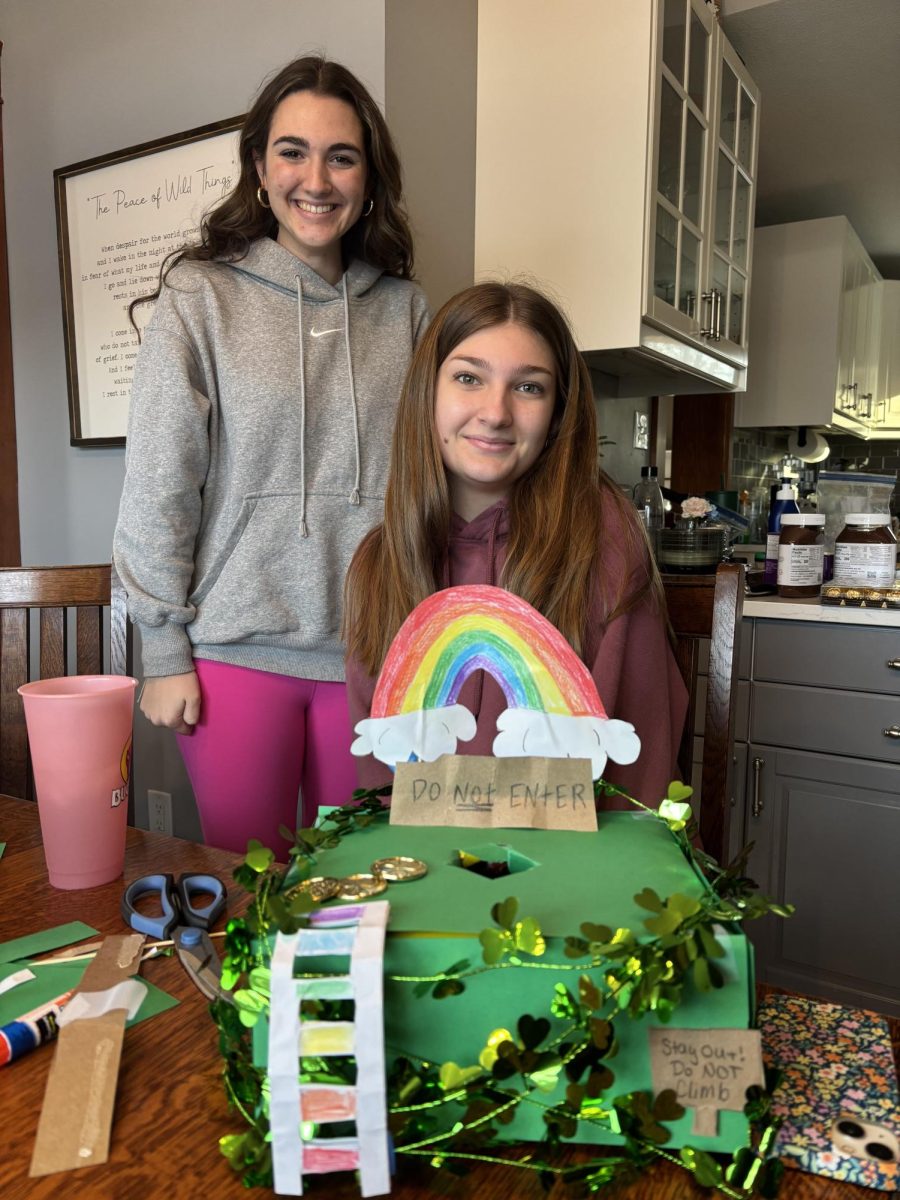Preparing for the Worst
Imagine sitting quietly in the corner of your blacked out English class, surrounded by your peers, twitching from adrenaline and savoring each shuddering breath as you’re afraid to take another in fear that someone outside your locked classroom door will hear you. Imagine running your fingers across the carpet- analyzing the tiny multicolored fibers making up the lining to the floor of the room in which you would give up anything to could leave- wondering if this is the last things you’ll ever touch. Or try imagining flooding out of ALHS with all of your peers as quickly as your body can take you so you can escape the thick, spreading grey smoke and tall flames eating at the chemistry classroom down the hall from your art class you were just in. Imagine being unable to collect any of your things because you’re too frantic and concerned for your own safety.
Concerns for ALHS’s preparation of events like these range from student and teachers. Questions such as, “how prepared is our school?”, as well as, “what would happen if one of these drill were real?” have been pondered by ALHS students
Not much earlier this year, ALHS went into lockdown procedure as it is required to under to meet a minimum of each type of drill. After being announced over the intercom, as instructed- all the teachers turned off the lights to their room, or whichever one they happened to be in or passing by, locking themselves in as well as any students they had at that time or nearby.
Teachers are familiarized with this, however, during the lockdown the principal had to go over the intercom once again, not to announce it was over but to reiterate the fact that teachers are not to be releasing students until the drill is over. What questions are posed here? Whilst is was a mistake of some sorts or not, some teacher make the very conscious and willing decision to continue teaching regardless of the situation. Does this comfort ALHS student in that their teacher feels they don’t have to practice because they’re so prepared? Or does it alarm them that they feel unprepared and unsafe?
Casey McIntyre, industrial technology and engineering teacher, said, “I think they (students) are so well prepared because we (teachers) told them exactly what we wanted from them. I think if you’re crystal clear with them, then they’ll do what you ask of them.”
This reflects some of the views of teachers and what they think we can do to make the drills both smoother, as well as helpful.
For some students, they acknowledge the lack of seriousness that their fellow peers, and their teacher put it towards school drills, but don’t think much of it. In contrast, some other students feel unprepared for practice for evacuations like where to go or what to. And lastly at the end of the spectrum, there are students who claim to not care, who view drills as getting out of class to go meet with friends. Where one falls should help answer the question, “how prepared am I?” as well as, “how prepared is ALHS?”


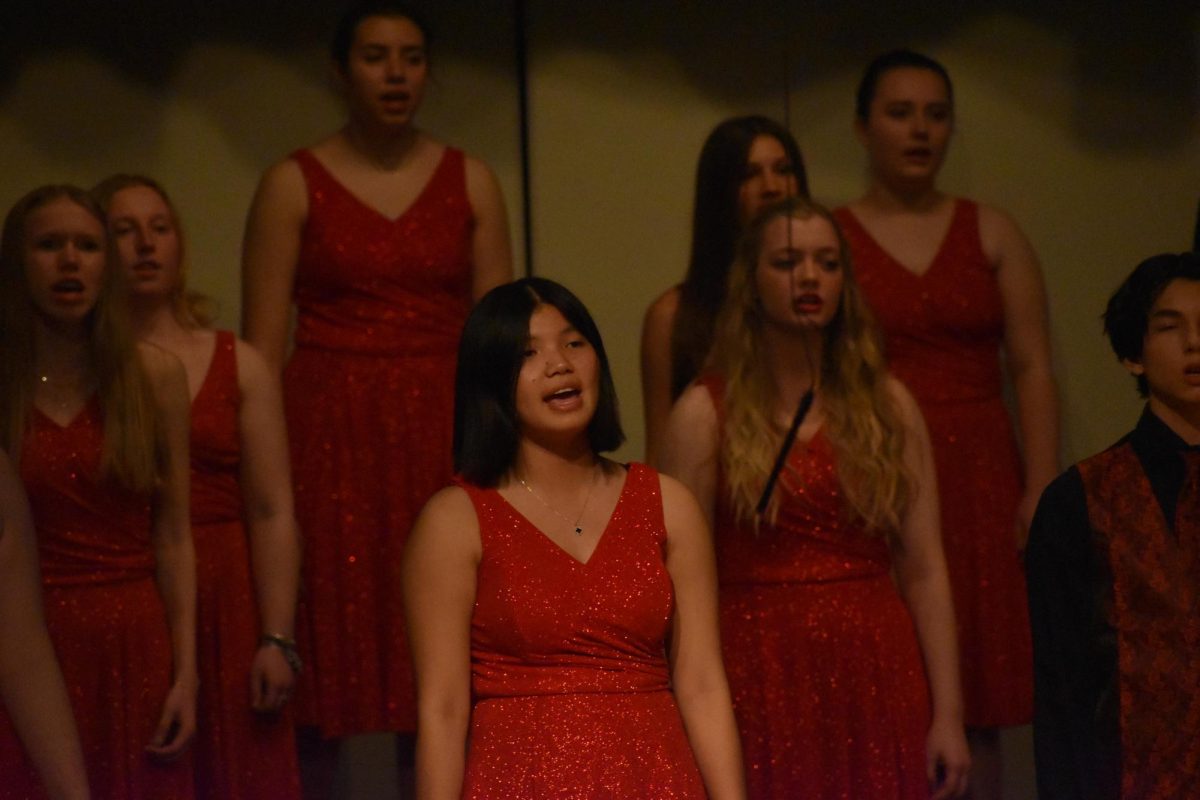
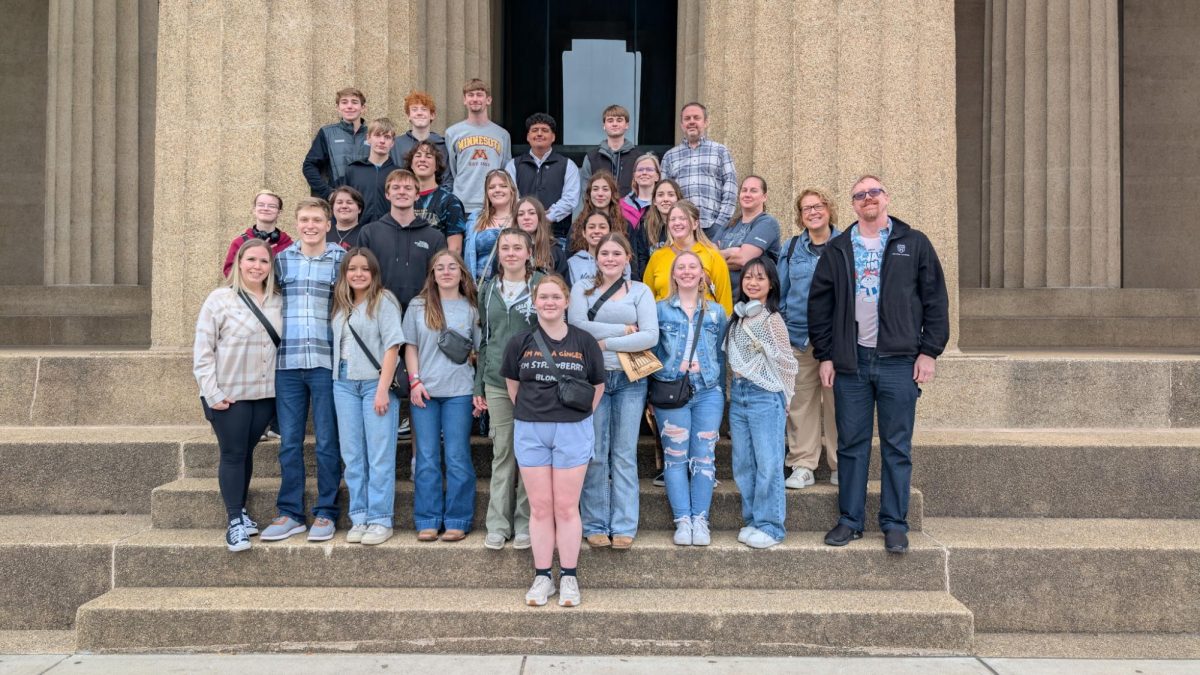

![At the pepfest on Feb. 13 the Winterfest Royalty nominees were introduced. There were two girls and two boys candidates from each grade. Royalty included Prince Axel Calderon (11), Jacob Miller (12), Princess Maya Fuller (11), Brecken Wacholz (10), Ethan Brownlee (9), Lord Given Saw (9), Lilly Elmer (9), Angela Buansombat (10), Queen Jenna Balfe (12), Hanna Austinson (11), Raegan Broskoff (8), Duchess Evalyn Holcomb (10), Jordyn Earl (8), and Lady Leighton Brenegan (9). Not pictured include: King Kaiden Baldwin-Rutherford (12), Piper Aanes (12), Blair Blake (11), Duke Kuol Duol (10), Thoo Kah (8) and Aidric Calderon (8). Student council member and Junior Prince Axel Calderon said, “It [the nomination] means that I’m kind of a student leader. I hopefully show younger kids what it means to be a part of the student council and lead the school.”](https://www.ahlahasa.com/wp-content/uploads/2025/03/front-page-1200x800.jpeg)



